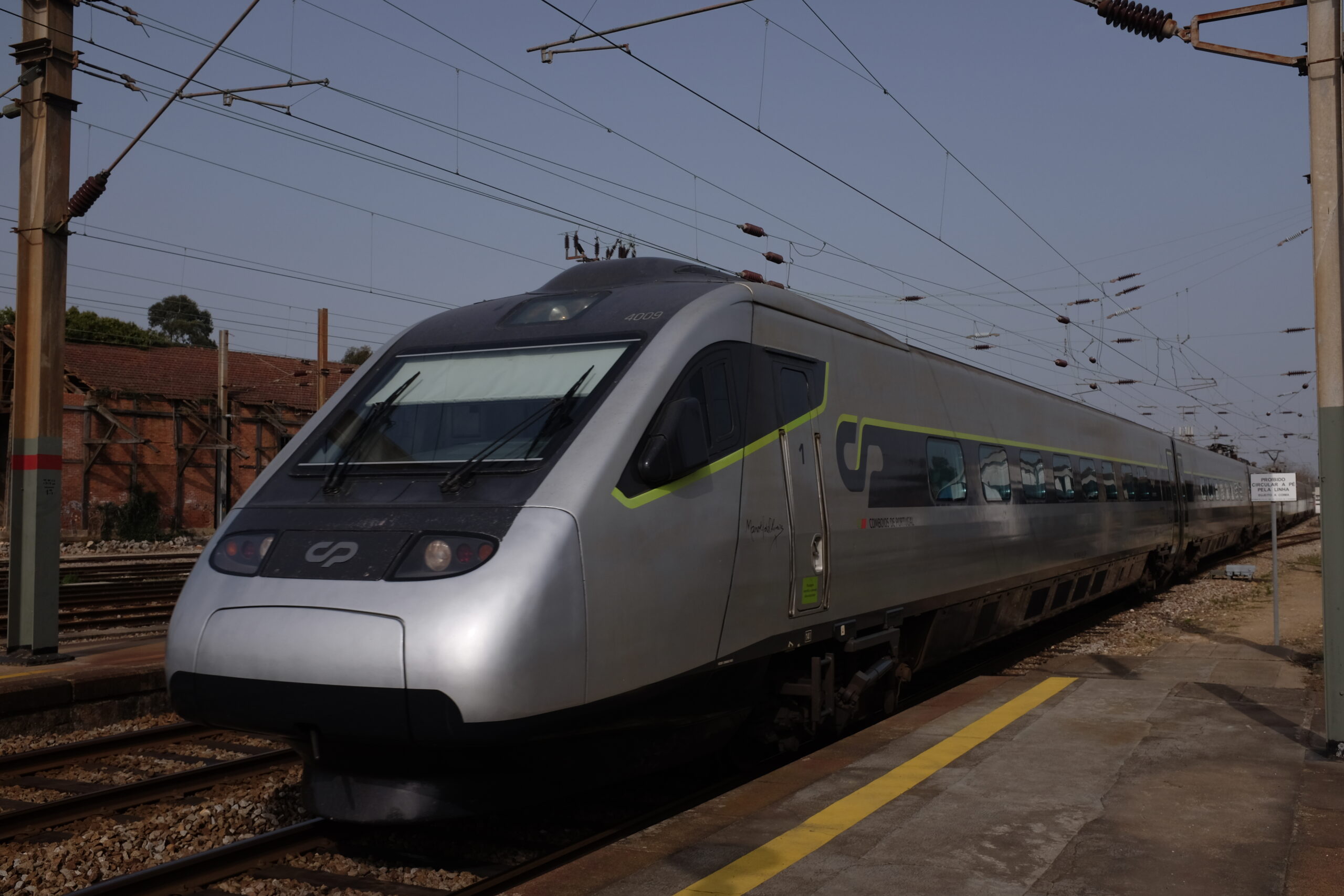California was a leader in mandating electric vehicle sales, and then it moved to electrify trucking. Now, if the Environmental Protection Agency grants the state a requested waiver needed to implement the rule, California will mandate that train locomotives be fully electric starting in 2030.
Should the EPA give the rule its blessing, rail companies will have a hard time coming into compliance since locomotives that can meet the mandates don’t actually exist.
In November, the California Air Resources Board (CARB) passed regulations that would require all freight trains to be in a zero-emission configuration by 2035. By 2030, the rule mandates that diesel locomotives that are 23 years or older be retired, even though a locomotive can have a useful life of 39 years or longer. New passenger locomotives by 2030 will need to operate at zero emissions, and long-haul freight trains using new engines will need to be zero emission by 2035.
Wabtec makes a battery-electric locomotive that uses regenerative braking, which returns some charge to the battery while the train is slowing down. The locomotive runs on 18,000 lithium-ion battery cells, producing 8.5 megawatt hours of electricity. For comparison, a Tesla Model Y with the smallest battery configuration runs on a .06 megawatt hour charge.
According to a promotion video on the prototype, the Wabtec train has comparable hauling power of a diesel locomotive. However, the company explains that the locomotive is meant to be part of a hybrid system, meaning it runs in tandem with diesel-powered locomotives. Over a three-month trial in California, the system reduced the average fuel consumption of the train by 11%.
The model would therefore not meet California’s 2035 mandates.















